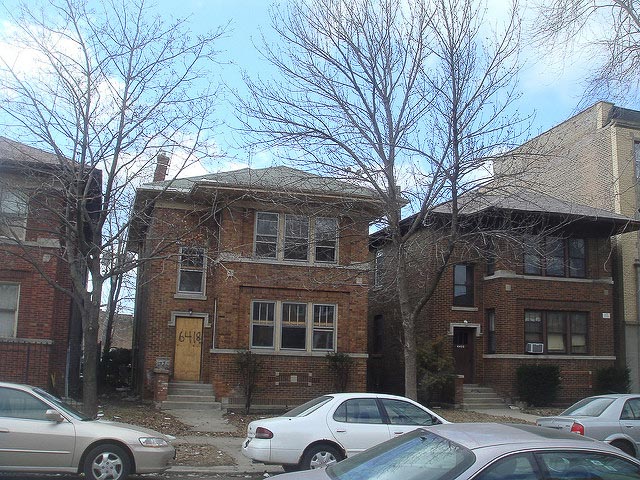While the Urban Edge strives to provide readers with daily news and insights about urban policy, we’re also voracious readers of city news ourselves. As part of a new weekly feature, Senior Editor Ryan Holeywell highlights the week’s most interesting articles from around the web about urban policy and city life.
Traffic-Weary Homeowners and Waze Are at War, Again. Guess Who’s Winning?
 Image via flickr/wondermonkey2k
Image via flickr/wondermonkey2kAnyone who uses the Waze traffic navigation app knows that it often sends motorists through small, residential streets in order to help drivers get around congestion. That's caused a huge kerfuffle in one D.C. suburb, the Washington Post reports, where residents feel like their tiny community has been turned into a major transportation corridor, thanks to the app's directions. Despite trying to sabotage the app's data, residents haven't had any luck combatting Waze.
A Suburb on the Brink of Bankruptcy
 Image via flickr/Daniel X. O'Neil.
Image via flickr/Daniel X. O'Neil.As cities across the country are starting to show signs of economic life after the recession, City Lab reports on the case of East Cleveland, a suburb that seems poised for bankruptcy. The town has lost more than half its residents since 1970, and one in four of its buildings are vacant. East Cleveland Mayor Gary Norton discusses his city's fiscal condition.
Why Inequality is Worse for Your Wallet Than a Weak Economy
 Image via flickr/David Shankbone,
Image via flickr/David Shankbone,Rising inequality -- not slow economic growth -- is what's responsible for the slowdown of income growth, the Washington Post's Wonkblog posits, based on its interview with economist Joshua Bivens. "If we’re really going to have the bottom 90 percent growing at an average rate, that means the top 1 percent are not going to have the crazy bonanza that they had over the past 28 years before the recession," Bivens said. "That’s where the real political rubber hits the road."
When a Prison Sentence Never Truly Ends

People convicted of crimes often face legal debts on top of incarceration -- things like fines, restitution to victims, and fees for public defenders. But states can charge huge interest on those bills, often making it impossible to emerge from a cycle of debt, Next City reports. That debt can result in poor credit ratings, which leads to difficulty finding a good home or job. Ultimately, the state-sanctioned interest may help push people towards a lifestyle that makes them more likely to become repeat offenders.
Nonprofits' Tax-Exemption Battle Moves to the Courts
 Image via flickr/Kah-Wai Lin.
Image via flickr/Kah-Wai Lin.Governments are increasingly giving scrutiny to the tax-exempt status of nonprofits as they continue their search for new sources of revenue. The feds estimate that nonprofits' property tax exemption alone is worth $17 billion to $32 billion nationwide, Governing reports. Many localities are taking to litigation to address the issue. In Princeton, N.J., for example, residents argue that the university functions as a for-profit, and its lack of property tax payments results in higher taxes for everyone else. This fall, the school will have to prove its tax-exempt status.

